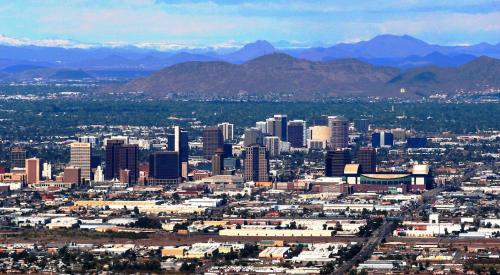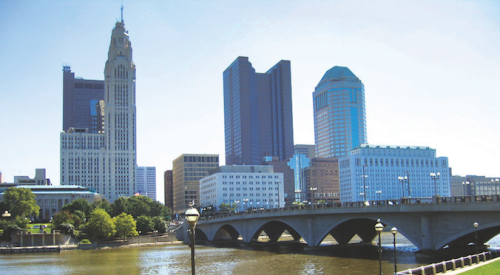With the release of new population data from the Census Bureau, some experts say the "horse race" between city and suburb will finish in the latter's favor. Others are championing a different view.
The Brookings Institution’s Bill Frey concludes that, “The trend seems to be shifting toward a renewed suburban advantage," yet, Joe Cortright, director of City Observatory claims that municipal boundaries are not the best rubric to use when comparing "across space and over time," and that taking a longer view of population growth reveals that cities' growth "is still quite noticeable (despite the data flaws)." Cortright writes, "we ought to be paying much more attention to relative prices than relative growth rates, if we want to understand the value Americans place on urban living," per CityLab.
The bigger issue is we’re bumping up against the limits of city growth imposed by zoning. While cities could add population quickly for a few years by reducing vacancy rates, as housing fills up, you can only expand population by building more housing. That takes time, and is extremely expensive in some cities (I’m looking at you, San Francisco). A couple of articles make this point indirectly, arguing that Americans are moving to places where housing is cheaper ... If city population growth isn’t keeping pace with suburbs, its not because Americans are desirous of suburban living, but rather because we have a shortage of cities.













